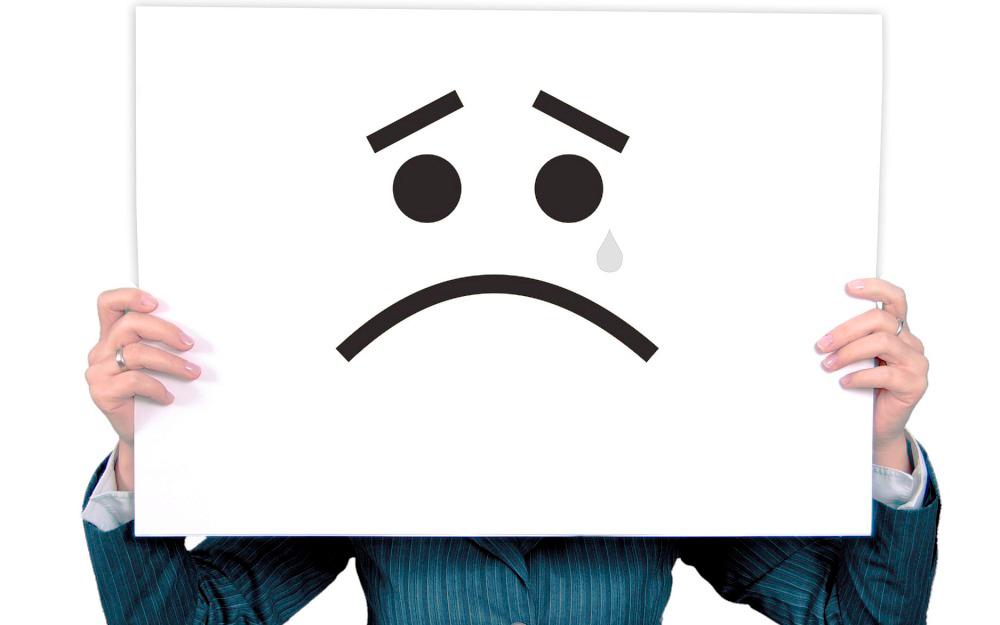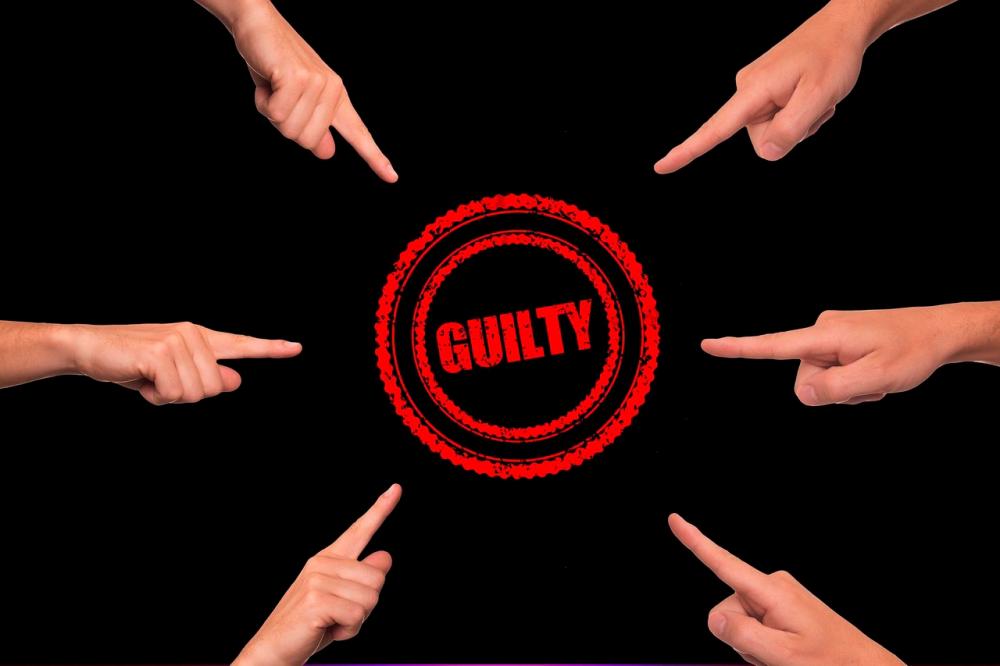YOU have undoubtedly done something you regret during the course of your life. Most individuals have, because mistakes are a natural part of human development. Even yet, the guilt that comes in and takes up residence in your brain can cause a great deal of mental and physical distress. You may associate guilt with the unpleasant twist in your gut that comes with the realisation that you have wounded someone else. Perhaps you also experience frequent self-fulfilment and criticism as a result of your recollections of what happened and your dread of others discovering what happened.
Guilt has a lot of clout as an emotion. When guilt transforms into shame, it becomes toxic. Guilt is when you feel horrible about an activity you have committed, but shame is when you feel bad about yourself. It is vital to effectively manage guilt and keep it from developing into shame. To live a fulfilled life, you must let go of your mistakes in the past.

Find the source of your guilt
Is it possible that you are feeling guilty because of how you have always reacted in similar situations? First, determine whether you did something wrong. Then attempt to figure out what is causing your emotions to flare up. Ask yourself: What purpose is this serving?. If you can’t come up with a valid response, it is time to give yourself some leeway.
Apologise and make amends
After a transgression, a heartfelt apology can help you start mending the harm. By apologising, you express remorse and regret to the person you have offended, as well as how you intend to avoid making the same mistake in the future. You may not obtain forgiveness right away (or ever), since apologies do not always restore damaged trust. However, really apologising can help you recover because it allows you to communicate your thoughts and hold yourself accountable after making a mistake.

Practice self-forgiveness
In a similar manner, it’s critical to cultivate the ability to be compassionate to yourself regardless of the size of the action or comment that provoked the guilt. We are all just people. Everyone makes mistakes that they later come to regret. That’s just a fact of life. If you don’t have compassion for yourself, it’s difficult to expect people to have sympathy for you, or for you to be able to have compassion for others. By framing your potential guilt trips in this manner, you reduce your chances of being overly judgemental of yourself.
Practice mindfulness
Regular mindfulness practise can help you get perspective on why you act the way you do and can also help you give yourself a break. Take a few deep breaths and pay attention to what is going on in your mind. Once you have identified what you are experiencing, trace the thought back to its source to see if it is happening right now or if it is a reflection of something in the past that is out of your control.
Grow your self-esteem
Guilt is linked to shame, and shame results in low self-esteem. You may overcome guilt and shame by learning to forgive yourself. It is easy to be critical of oneself, and these negative ideas are frequently fuelled by emotions of guilt. You can boost your self-esteem after you stop feeling guilty. Self-esteem and self-compassion are inextricably linked. Show yourself compassion if you want to start feeling better about yourself. This will boost your self-esteem and self-worth.

Change your behaviour
The action that makes you feel guilty might be a one-time occurrence, such as saying something hurtful. Or it could be something you do on a regular basis, such as bad record-keeping, that causes issues for your co-workers. It is critical to take the initiative and confront the issue behaviour. This might include anything from better time management or delegating skills to achieving a better work-life balance and breaking negative habits. Making good adjustments can enhance your interactions with others, and help you avoid feeling guilty over and over again. Try asking your boss for assistance with desired habits, as they may be able to provide training or advice.
Accept and move on
Let go of the guilt if you have done everything you can to make amends, and prevent the same circumstance from happening again. The sooner you get rid of your guilt, the sooner you can focus on more productive activities. Accepting your sentiments and starting the process of self-forgiveness can be aided by mindfulness. Your experiences may also be used to improve your emotional intelligence. This can assist you in understanding and regulating your own emotions, allowing you to control your guilt.
Guilt is a thing of the past. You may start letting things go by developing your resilience, and gaining confidence in your ability to make better decisions in the future. If you are fighting to overcome emotions of guilt, realise that you are not alone. Manage your guilt in your life and begin to reclaim the valuable moments you have.










